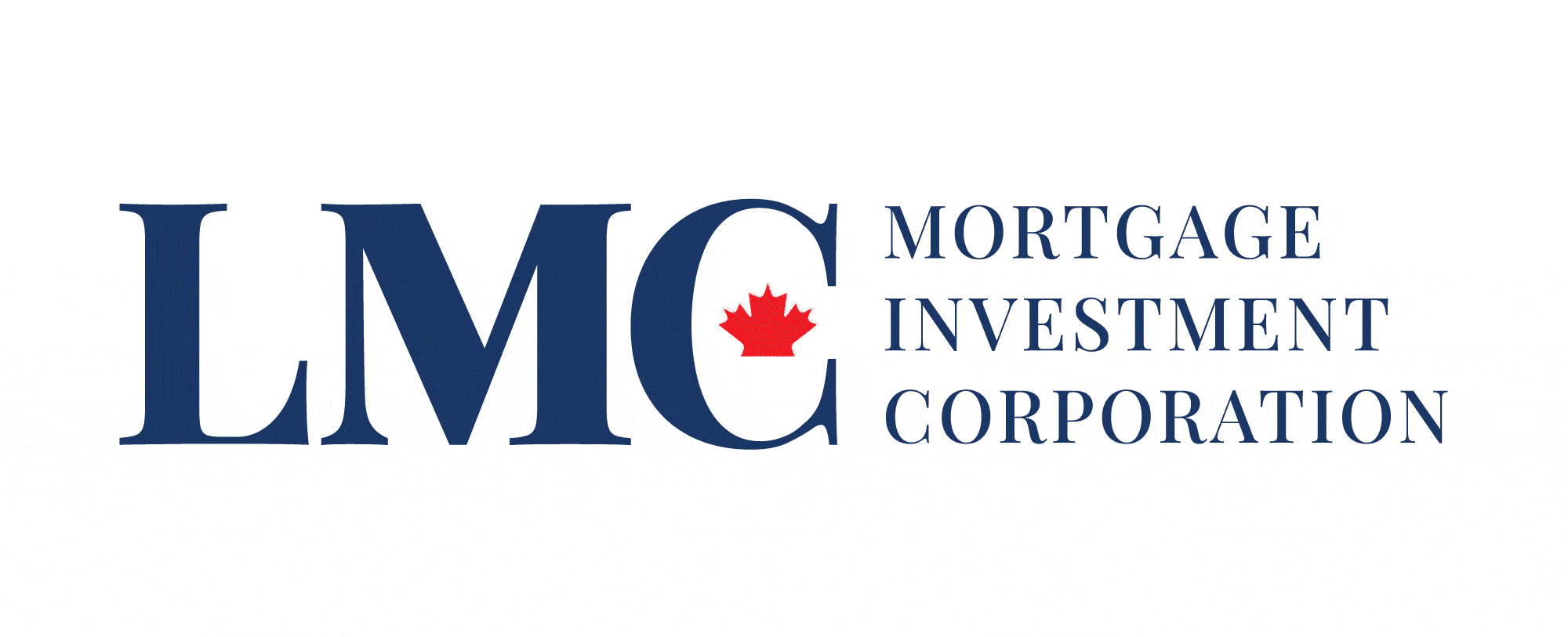
Are you looking for reliable investment vehicles that can generate high returns and a steady stream of income? Look no further than Real Estate Investment Trusts (REITs) and Mortgage Investment Corporations (MICs). These alternative assets are perfect for diversifying your portfolio, as they offer non-correlated assets to traditional stocks and bonds. In this blog post, we’ll explore the difference between REITs and MICs, as well as the benefits of investing in each one. So grab a cup of coffee and let’s dive into the world of real estate backed mortgage investments!
Difference between REIT & MIC
REITs and MICs are two popular investment vehicles in the real estate industry, but they have distinct differences. REITs invest primarily in large commercial properties such as office buildings, shopping malls or apartments while MICs lend money to individuals or small companies for residential mortgages. This difference is due to regulatory requirements.
REITs must distribute at least 90% of their taxable income each year to shareholders via dividends, making them attractive for investors seeking consistent income streams. On the other hand, MICs generate returns from interest on mortgage loans and typically pay higher yields than traditional bonds.
REIT shares can be bought and sold on stock exchanges like common stocks while investing in a mortgage pool through a MIC requires purchasing shares directly from an exempt market dealer (EMD). Despite these differences, both REITs and MICs provide investors with exposure to the real estate sector without requiring significant capital investments.
When it comes down to selecting between REIT &MIC investments you should consider your risk tolerance level as well as your financial goals before deciding which type of investment will fit best into your portfolio.
Benefits of Investing in REIT
Real Estate Investment Trusts (REITs) have become increasingly popular among investors. One of the main benefits of investing in REIT is that they provide high returns and investment income. As a result, many investors view REIT as an attractive alternative to traditional fixed-income investments such as bonds.
Another benefit of REIT is they are exempt market dealer securities which allows for greater flexibility when it comes to portfolio diversification. Unlike other real estate investments where you need substantial amounts of capital, REITs allow investors to invest in smaller amounts making them more accessible for everyone.
Real Estate Backed Mortgage Investments are one example where individuals can get exposure to real estate without having to take direct ownership or manage properties themselves. These types of funds pool together money from multiple investors and use it to finance mortgages on behalf of borrowers who want to purchase homes or commercial property.
REITS offer a way for investors with limited resources and expertise in real estate investing by providing reliable investment vehicles with rigorous underwriting processes that generate high returns while minimizing risks associated with non-correlated assets.
Benefits of Investing in MIC
Mortgage Investment Corporations (MICs) are highly attractive to investors who are looking for reliable and consistent investment income. Investing in MICs could be a great alternative to other traditional investments such as stocks, bonds or mutual funds.
One of the main benefits of investing in MICs is their high returns potential. These corporations typically generate high-return through real estate-backed mortgage investments that provide regular cash flow and steady growth over time.
Moreover, investing in a Mortgage Investment Corporation allows you to diversify your portfolio by adding non-correlated assets that can help minimize risks associated with market volatility. This means that even when the stock market goes down, your investment income from an MIC remains stable.
Another benefit of investing in an MIC is the rigorous underwriting process used to assess borrower creditworthiness and property values before approval. This mitigates default risk while providing higher yields than traditional fixed-income securities like government bond.
Finally, MICs are asset-backed investments with low liquidity risk. This means that investors have guaranteed access to their investment capital in case of emergency or need.s or corporate debt.
As exempt market dealers, Mortgage Investment Corporations offer private equity opportunities only available to accredited investors who qualify based on net worth criteria. The exclusivity factor adds another layer of value for those seeking alternative asset classes with excellent long-term prospects.

